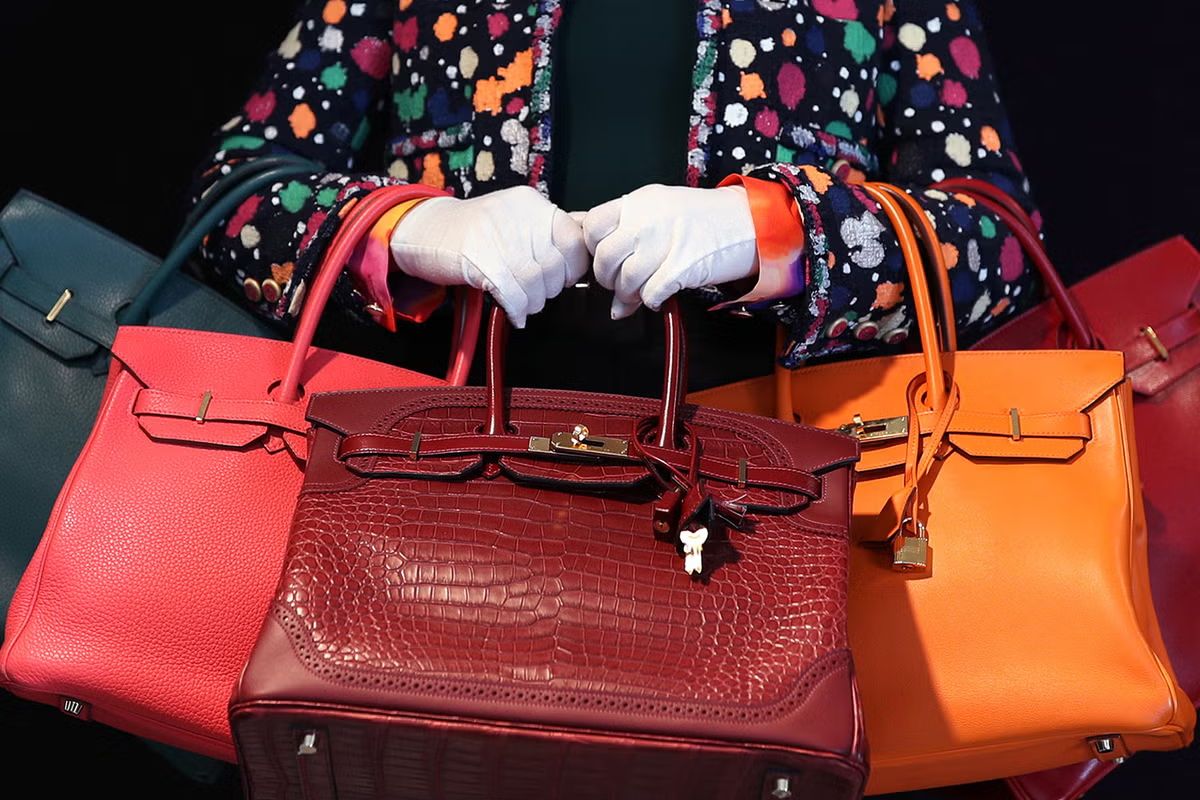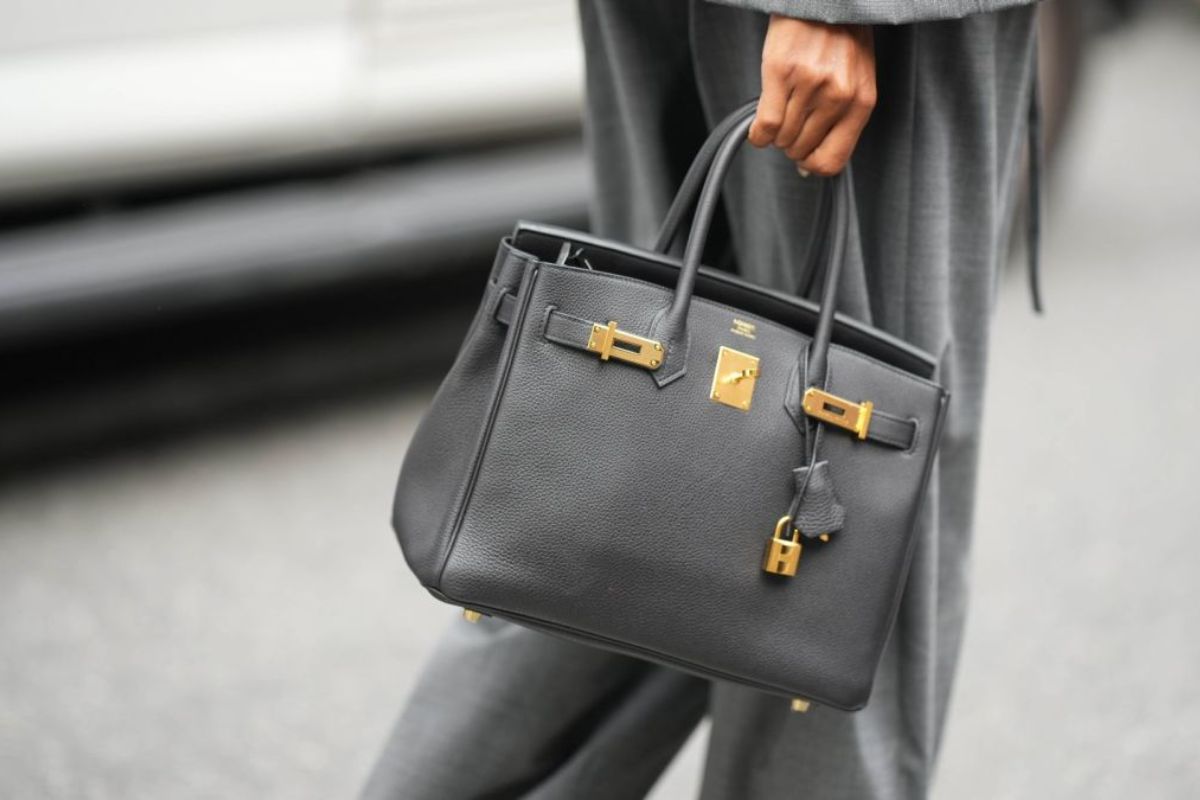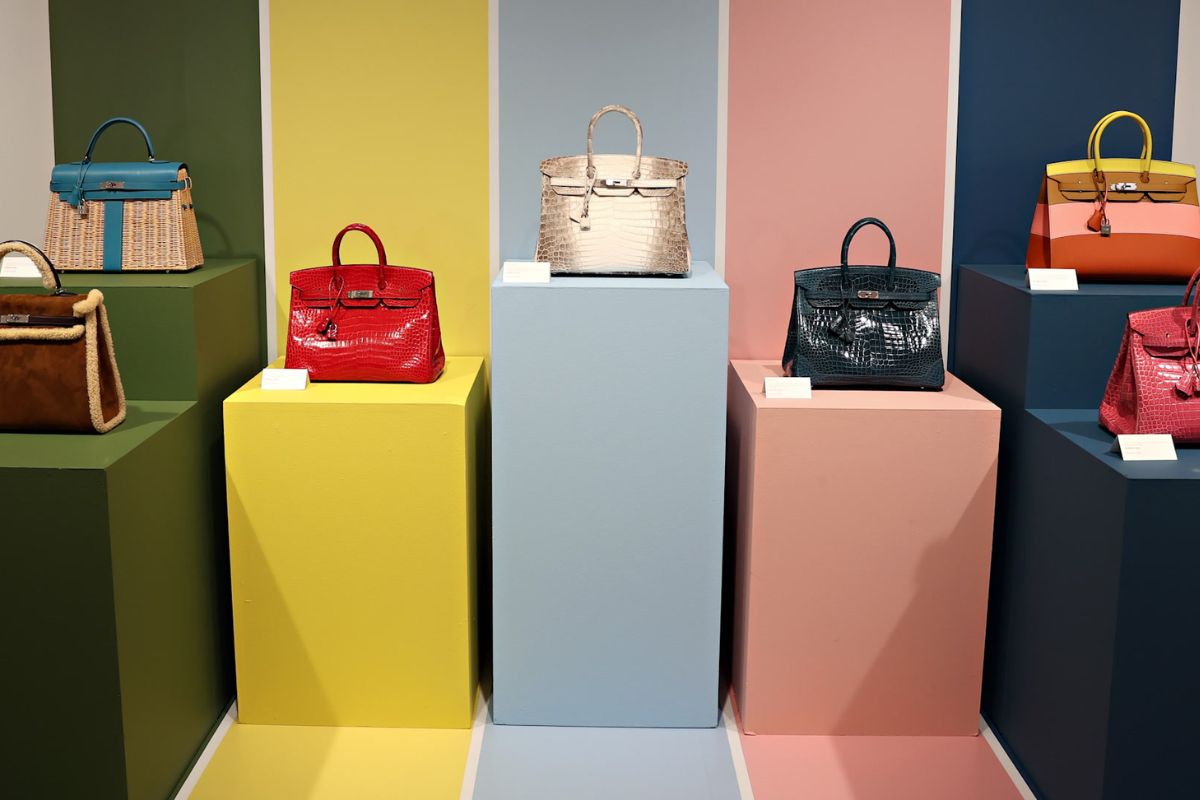California Lawsuit: The California lawsuit against Hermès exposes discriminatory practices with Birkin handbags. Allegations suggest unfair restrictions and consumer exploitation. Hermès’ market dominance allegedly influences purchasing behavior by pressuring customers to buy complementary items with Birkin bags. This manipulation is said to inflate prices and boost profits. The luxury brand faces accusations of antitrust violations, impacting customer-brand relationships. The lawsuit seeks class action status and unspecified damages for affected consumers. This legal action sheds light on challenges in acquiring these coveted handbags and raises transparency concerns. Discover more about the implications of these allegations within the luxury fashion industry.
Lawsuit Allegations Against Hermès
The lawsuit against Hermès underscores allegations of discriminatory practices in the allocation of its coveted Birkin handbags based on customers’ purchase history, raising concerns about potential antitrust violations. Tina Cavalleri and Mark Glinoga, the California-based plaintiffs, have accused the French luxury brand of imposing unfair restrictions by only allowing customers with a significant purchase history to buy the iconic Birkin handbags. This practice, according to the lawsuit filed in San Francisco, is seen as a form of customer exploitation and a violation of antitrust laws.
Hermès is renowned for its exclusivity and limited availability of its luxury goods, particularly the Birkin handbag, which has become a status symbol among the elite. However, the plaintiffs argue that by tying the sale of these sought-after bags to customers’ past spending with the brand, Hermès is engaging in anticompetitive behavior that restricts fair market access. This alleged discrimination based on purchase history could potentially harm consumers by limiting their ability to purchase desired products on an equal footing.
The lawsuit highlights a contentious issue within the luxury retail industry, where brands often navigate the delicate balance between exclusivity and fairness. The outcome of this legal action against Hermès could have far-reaching implications for how luxury brands manage customer relationships and allocate their most coveted products.
Exploiting Market Power
How does Hermès leverage its market power to influence customer purchasing behavior, as alleged in the lawsuit filed in California?
The lawsuit claims that Hermès employs a strategy that exploits its market dominance to manipulate customers into buying additional products to secure a coveted Birkin handbag. By creating an aura of exclusivity around the Birkin and controlling its supply, Hermès can dictate terms to customers who desire these highly sought-after bags.
Through this alleged scheme, Hermès sales associates purportedly pressure customers into purchasing complementary items such as shoes, scarves, and jewelry along with the Birkin handbag. This tactic not only inflates the overall price that customers pay for a Birkin but also boosts the company’s profits by compelling customers to make additional purchases they may not have otherwise considered.
Birkin Handbags: Symbol of Wealth and Fashion
Synonymous with opulence and sartorial elegance, Birkin handbags by Hermès embody a rarefied status symbol in the world of luxury fashion. These handcrafted masterpieces are meticulously made from the finest leather by skilled artisans in France, contributing to their exclusivity and commanding high prices. The Birkin’s allure lies not only in its craftsmanship but also in its cultural significance as a symbol of affluence and sophistication.
Hermès’ Birkin handbags have transcended mere fashion accessories to become iconic statements of wealth and style. Each bag is a proof of the brand’s commitment to excellence, with a waiting list that can span years due to the meticulous production process. The exclusivity surrounding the Birkin has only fueled its desirability, creating a mystique that has captivated fashion enthusiasts worldwide.
Despite their steep price tags, Birkin handbags have become coveted items for celebrities, socialites, and fashion connoisseurs alike. The Birkin’s popularity has soared, making it a staple in luxury wardrobes and a symbol of success. Its timeless design and association with status have solidified its place as a must-have accessory, perpetuating its status as a pinnacle of luxury fashion.
Customer Experiences and Challenges
Amidst the allure of owning a coveted Birkin handbag by Hermès, customers have shared accounts of facing challenges and unique experiences in their pursuit of these luxury accessories. The narratives of Cavalleri and Glinoga shed light on the demanding and often opaque process involved in acquiring a Birkin from Hermès.
Cavalleri’s substantial investment in ancillary products, totaling tens of thousands of dollars, to gain access to Birkin bags exemplifies the financial commitment some customers are coerced into making. On the other hand, Glinoga’s repeated attempts to purchase a Birkin, only to be met with demands for additional purchases, underscore the frustration and hurdles customers encounter in their pursuit.
These accounts reveal a pattern of behavior where customers are steered towards purchasing other Hermès products in exchange for a chance to acquire a Birkin handbag, raising questions about the fairness and transparency of Hermès’ sales practices. The pressure to buy additional items not only adds financial strain but also highlights the power dynamics at play in the luxury retail sector.
Such experiences reflect a broader issue within the industry, where exclusivity and scarcity are often used to manipulate consumer behavior and extract additional spending. The challenges faced by customers like Cavalleri and Glinoga prompt a critical examination of the customer-retailer relationship and the ethical implications of such practices within the luxury market.
Legal Action and Class Action Status
The lawsuit filed by Cavalleri and Glinoga seeks class action status on behalf of numerous U.S. consumers who have allegedly faced demands to purchase ancillary products or been unfairly denied access to Hermès Birkin bags despite meeting the brand’s criteria.
The plaintiffs are aiming to represent thousands of individuals who have encountered obstacles in obtaining Birkin bags from Hermès due to what they claim are anticompetitive practices by the luxury brand.
Beyond seeking class action status, Cavalleri and Glinoga are also pursuing unspecified monetary damages and requesting a court injunction to halt Hermès’ alleged unfair tactics.
ALSO READ: First Lady Jill Biden SoCal Weekend Visit: Don’t Miss Out!
News in Brief
A class-action lawsuit filed in California against Hermès unveils accusations of discriminatory practices concerning its coveted Birkin handbags. Plaintiffs Tina Cavalleri and Mark Glinoga claim the luxury brand restricts bag sales to customers with substantial purchase histories, potentially violating antitrust laws. Hermès purportedly leverages its market dominance, pressuring buyers into purchasing ancillary items alongside Birkin bags, inflating prices and profits. The legal action seeks class action status and unspecified damages, shedding light on transparency concerns within the luxury fashion industry. If successful, the lawsuit could prompt significant changes in how luxury brands manage customer relations and allocate exclusive products.



